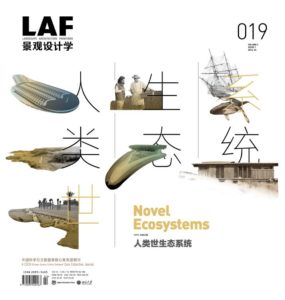 Title: Compensating flood retention on private land in Austria: Towards polycentric governance in flood risk management?
Title: Compensating flood retention on private land in Austria: Towards polycentric governance in flood risk management?
Abstract
Flood retention, in particular controlled flood retention, plays an increasingly prominent role in the portfolio of flood risk management strategies. Though a highly effective measure to reduce the risk of flooding for vulnerable areas, flood retention is land-intensive and infringes on landowners’ property rights. Implementation efforts are thus often hampered by the lack of availability of land as well as by the growing demands of (agricultural) landowners for compensation of flood retention services. The proliferation of flood retention not only changes riparian land uses but also results in a shift of authority, power, and agency to lower levels of government as well as to non-governmental actors, including the private landowners who provide the land for flooding but also those who benefit from flood retention. By the example of a compensation scheme for the controlled flood retention in Altenmarkt, an alpine municipality in Austria, this paper explores these nascent forms of governance through the lens of polycentricity. Along five core propositions in polycentric theory, the paper evaluates the governance implications of flood retention compensation in Austria and discusses the possibilities and limitations of flood retention for enhancing landscape resilience in riparian areas.
Full citation: LÖSCHNER Lukas,NORDBECK Ralf,SCHINDELEGGER Arthur, et al. COMPENSATING FLOOD RETENTION ON PRIVATE LAND IN AUSTRIA: TOWARDS POLYCENTRIC GOVERNANCE IN FLOOD RISK MANAGEMENT?[J]. Landsc. Archit. Front., 2019, 7(3): 32-45.
Full text available here
